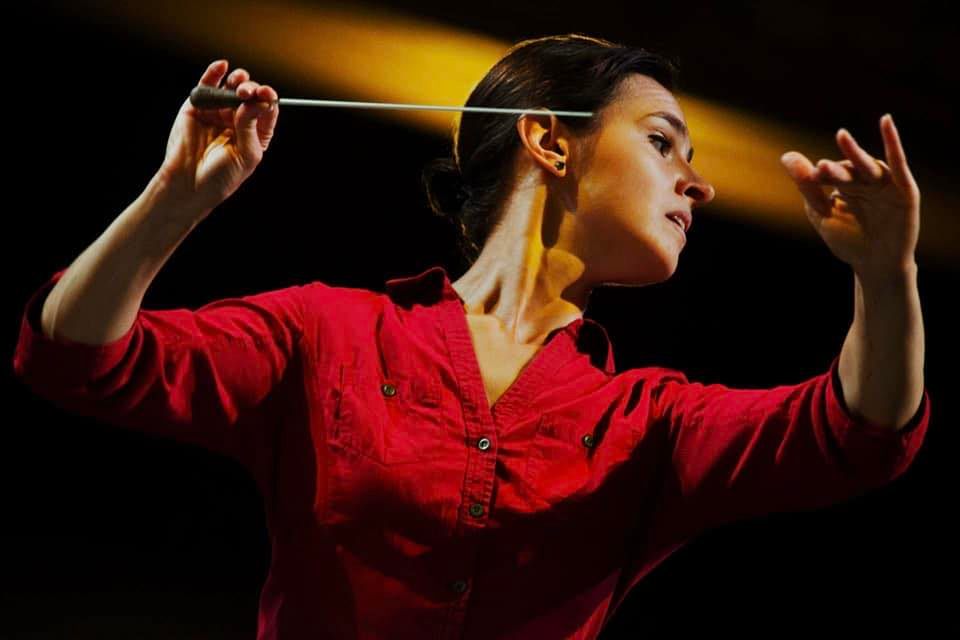
In the wake of Russia’s invasion of Ukraine, major upheavals have shaken up the music scene. In addition to the firings of famous Russian artists accused of being close to the state, such as Valery Gergiev and Anna Netrebko, some orchestras have also decided to remove Russian music from their programs. Now even the Ukrainian conductor Oksana Lyniv was put under pressure by the Ministry of Culture of Ukraine to remove Tchaikovsky’s 6th Symphony from the program at a concert in Germany.
The concert program for the opening of the Ludwigsburg Schlossfestspiele, featuring Tchaikovsky’s “Symphonie pathétique,” was already set before the Russian invasion of Ukraine. After the outbreak of hostilities on the entire territory of Ukraine, the concert was rededicated as a call for peace with the title “No More War.” Specifically for this reason, the premiere of “Nova,” a new composition by Ukrainian Victoria Poleva, written in part under the impact of the war, was also added to the program.
But when the composer learned in early April that the concert was to include music by Tchaikovsky, she withdrew her work and strongly condemned the idea that it could be performed in the same concert with Tchaikovsky.
Earlier, the Polish Ministry of Culture had published a recommendation on its website to exclude Russian works from the repertoire. Shortly thereafter, the Ukrainian Ministry of Culture followed with a similar statement calling for explicit sanctions against Russian repertoire, especially when Ukrainian artists participate in performances.
According to Jochen Sandig, artistic director of the Ludwigsburger Schlossfestspiele, Lyniv not only received “unambiguous indications” from the Ukrainian Ministry of Culture, but was also anonymously threatened. All this led to the decision to finally withdraw Tchaikovsky’s symphony from the program and replace it with a Mahler symphony.
Lyniv lamented in an interview with the Frankfurter Allgemeine Zeitung that she is now “caught between opposing fronts,” since on the one hand she faces pressure from her homeland to boycott Russian music, but on the other hand, as music director of the Teatro Communale di Bologna, she is subordinate to the Italian Ministry of Culture, which strongly condemns political censorship of art. The Ukrainian conductor deplores the lack of coordination of regulations at the European level and pleads for a differentiated view of art. She says,
After all, a work of art carries its purpose within itself. If someone writes a book, it may end up in the hands of a serial killer or in the hands of a careless person who puts it in the closet without reading it. But their children may find it, and it changes their lives. That is not up to the author. Even a musical work must have something timeless in its purpose and content. But if we say: we want this music to be played or heard only in a certain setting, only by people of a certain nation, then we are limiting the meaning of art itself
